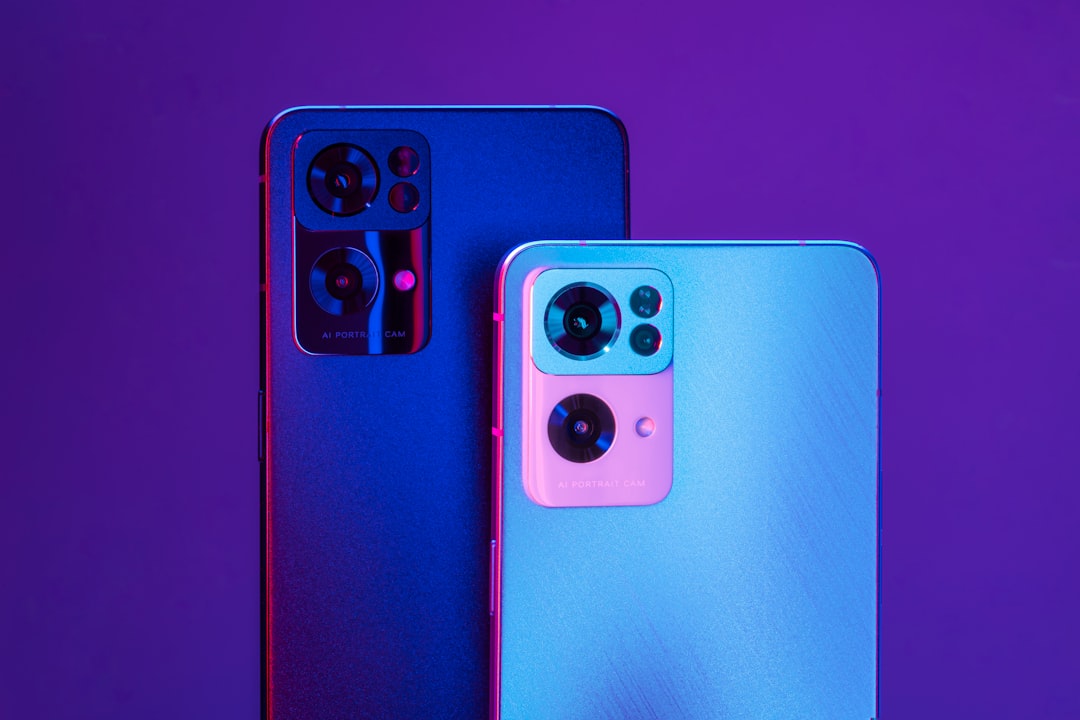In California, strict Do Not Call laws protect consumers from unwanted business communication, with legal consequences for violators. Unwanted call attorney California refers to addressing these violations, especially persistent calls despite opt-outs. Businesses must respect privacy and obtain consent for post-purchase contact, including email, text, or postal mail. Consumers can document interactions and consult an unwanted call attorney to leverage consumer protection laws like the Telemarketing and Consumer Fraud Act against harassment.
In the vibrant landscape of Los Angeles, understanding how businesses legally contact you post-purchase is essential for every consumer. California’s strict Do Not Call laws protect your privacy, but businesses still have legal avenues to engage with you after a transaction. This article explores these methods, equips you to recognize unwanted contact, and outlines your rights as a Los Angeles consumer. Should you face persistent or harassing sales calls, knowing when to consult an unwanted call attorney in California can be crucial.
Understanding California's Do Not Call Laws

In California, businesses must adhere to strict regulations regarding post-purchase communication with customers, particularly when it comes to unwanted calls. The state’s Do Not Call laws, aimed at protecting consumers from excessive or nuisance calls, restrict how companies can reach out to individuals after a transaction. These laws are designed to give Californians control over their personal information and peace of mind.
If you’ve purchased from a business in Los Angeles or anywhere in California, they must obtain your consent before making any telephone sales calls. Unwanted call attorney California is a term that often arises when businesses fail to follow these guidelines, leading to potential legal repercussions. Consumers have the right to register their numbers on Do Not Call lists, ensuring they don’t receive marketing calls from various entities. Businesses found violating these laws may face penalties, emphasizing the need for companies to respect customer privacy and preferences.
Legal Ways Businesses Can Reach You Post-Purchase

After making a purchase, consumers in Los Angeles often wonder about businesses’ post-purchase communication methods. While some interactions are welcome and provide valuable customer service, others can be unwanted and even violate consumer rights. It’s crucial to understand that businesses have legal avenues to reach you post-purchase, but these methods must adhere to specific guidelines.
In California, businesses can legally contact customers through various channels such as email, text messages, or postal mail, provided they have obtained your consent beforehand. However, if you’ve opted out of receiving marketing calls, it’s illegal for a company to make unsolicited telephone sales pitches. Should you receive an unwanted call from an attorney representing a business, it’s advisable to document the interaction and explore your legal rights, especially if such calls persist despite your requests to stop.
When Is Contact Considered Unwanted?

In California, including Los Angeles, businesses must respect consumer privacy and have a valid reason to contact customers after a purchase. While many post-purchase communications are legitimate and helpful, certain interactions can be considered unwanted. An unwanted call or message from a business occurs when it invades an individual’s personal space without prior consent and fails to offer an opt-out option. This is especially relevant for telemarketing calls and emails promoting products or services unrelated to the initial purchase.
California law, particularly the California Consumer Privacy Act (CCPA), provides consumers with the right to refuse certain types of contact. If a business continues to reach out after multiple requests to stop, it may be in violation of these laws. It’s crucial for both businesses and consumers to understand their rights regarding communication preferences to ensure compliance with regulations and maintain a positive, non-intrusive relationship.
Your Rights as a Consumer in Los Angeles

In the vibrant landscape of Los Angeles, consumers have specific rights protected by California law when it comes to business communications post-purchase. One common yet often misunderstood area is how and when businesses can legally contact you after a transaction. As a consumer, you have the right to expect reasonable and non-intrusive follow-up attempts from companies. This includes receiving calls or messages only for legitimate purposes related to your recent purchase, such as satisfaction surveys or warranty claims.
Unwanted or excessive post-purchase contact can be addressed through California’s consumer protection laws. If a business persists in making unwanted calls, specifically referring to scenarios where a consumer has requested cessation of communications (often known as “do not call” requests), an individual may have grounds for legal action. Consulting with an unwanted call attorney in California is advisable for consumers who feel their rights have been violated, ensuring they understand their options and the legal steps that can be taken against persistent or abusive business practices.
Actions to Take After an Unwanted Sales Call

If you’ve received an unwanted sales call in Los Angeles, it’s understandable to feel annoyed or even violated. Before resorting to legal action, consider these steps: first, document the call by noting the date, time, and details of the interaction. Save any voicemails or emails related to the incident. Second, reach out to a unwanted call attorney in California who specializes in consumer protection laws. They can guide you on whether a legal remedy is appropriate, such as filing a complaint with the Federal Trade Commission (FTC) or seeking damages through small claims court.
In California, the Telemarketing and Consumer Fraud Act protects consumers from abusive or deceptive telemarketing practices. Knowing your rights and taking proactive measures after an unwanted sales call can help prevent future harassment.






